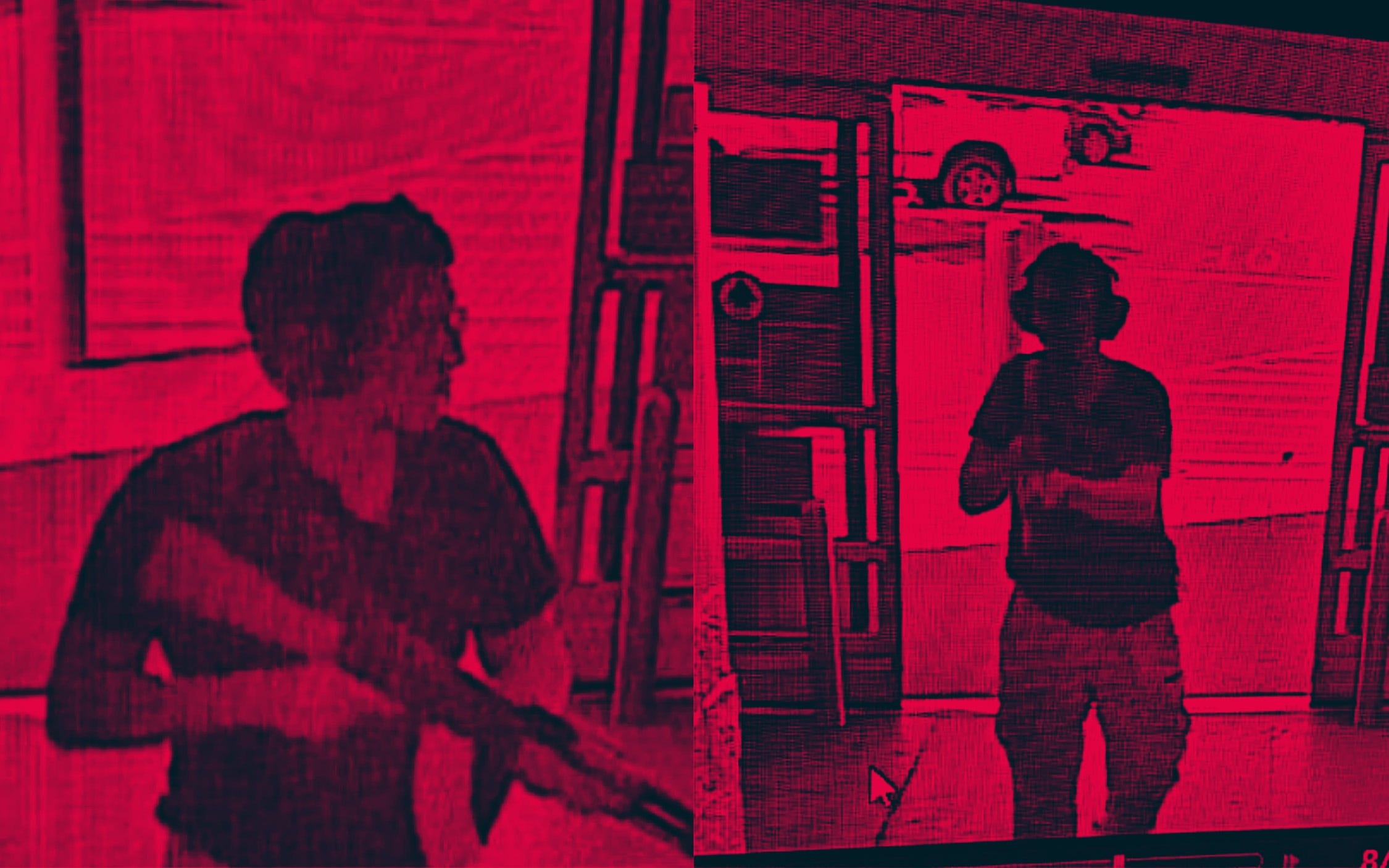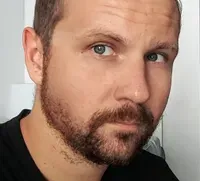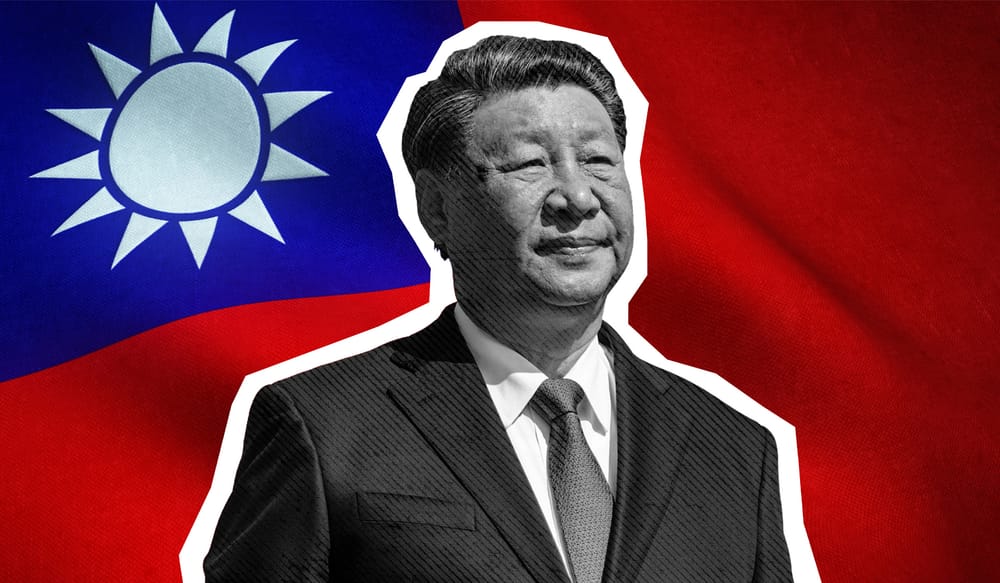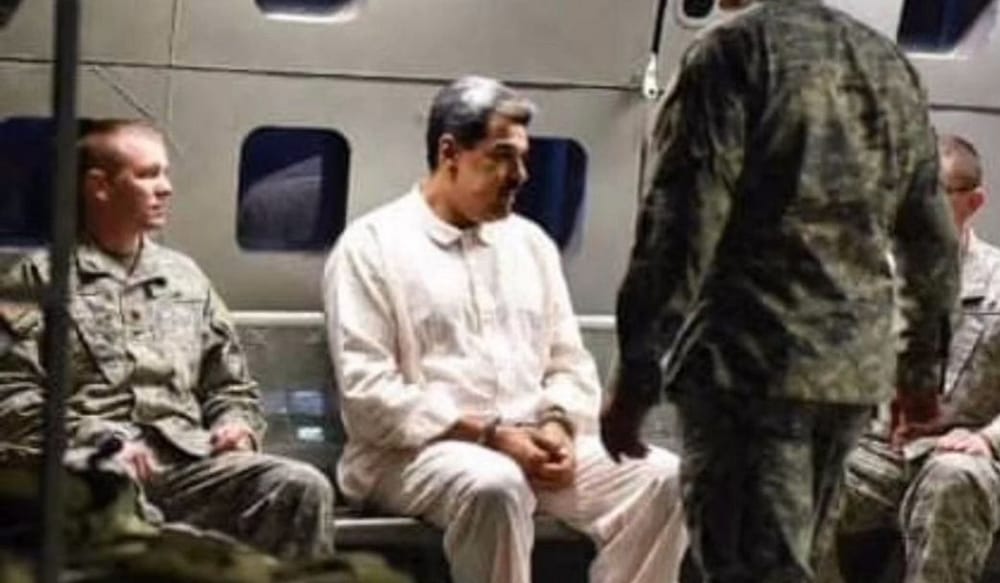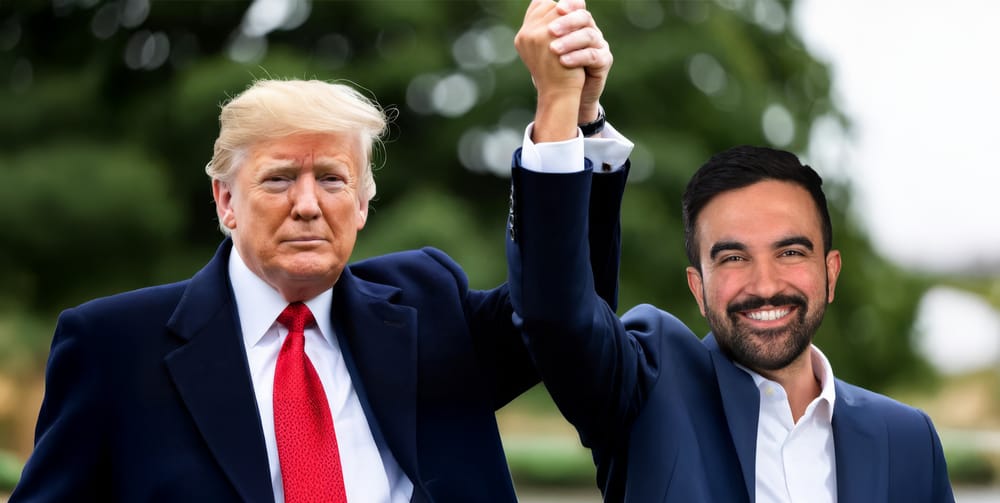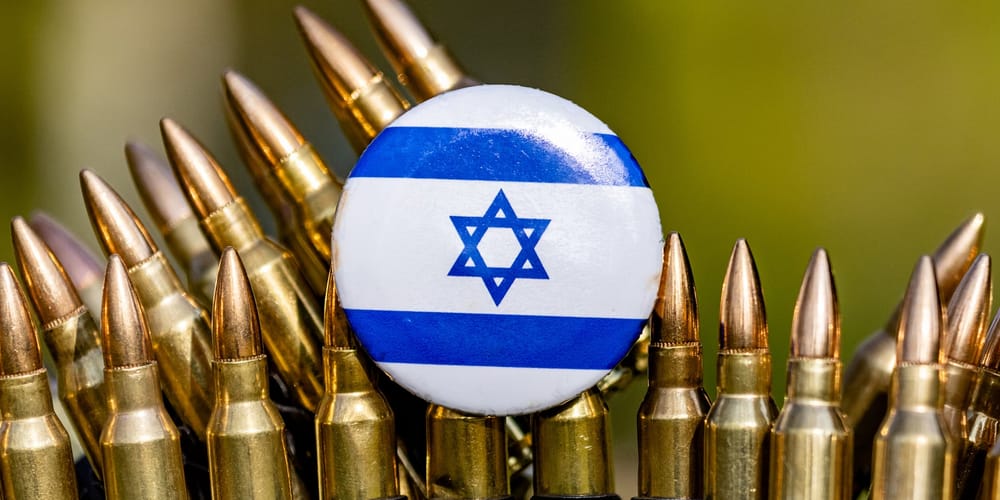Another dramatic day in America. At least 20 people dead, two dozen more wounded in mass-shooting in a Walmart in El Paso.
Among other reasons - like ideological lunacy of many segments of the society (left and right), taxation and bureaucracy, crime is why I would generally not consider long-term residence in the West - not only in the States. I just don't think such an environment is the right one for raising a family.
I know that modern-day instant news coverage tends to exaggerate our impression of violence, bringing attention to atrocities, even though the world is generally much safer than it was even a few decades ago. That said, ubiquitous access to information - and affordable travel - allow us to explore the planet and realize that there are places where these things either don't happen or when they do it is some sort of a freak incident (like the recent tragedy in Kyoto, in otherwise very peaceful Japan).
Caveman’s freedom
I do have friends in the US, of course, and many of them, enamored of Western civil liberties, often say that they are happy to put up with the heightened risks only to enjoy more freedom than they otherwise would in, e.g. a place like Singapore.
Whenever I hear this, it makes me wonder - what the hell are they talking about?
Accepting violence as an element of life is not freedom - or, if you insist on labeling it this way, it's "caveman's freedom" at best.
Before we've developed the means to subdue the environment to serve us, we may have been free from the burdens of taxation, bureaucracy, borders or laws. But we had to deal with mortal threats practically every single day.
Yes, humans living in caves or shacks were technically "free" to do whatever they wanted - as long as they were able to defend themselves from opponents, wild animals and diseases, and ensured they had enough to eat throughout the year.
It doesn't take a genius to see that there's no liberty in anarchy, that to unlock human potential we had to organize ourselves, divide responsibilities and devise solutions that allowed us to move our focus away from personal protection and basic sustenance, to areas where we may realize our potential and desires.
This is the nature of personal freedom - to have the liberty to take productive action we "want" rather than "have to" take .
Land of the fear
Many will try to dismiss or diminish the importance of violent crimes, pointing to statistics proving that America keeps getting safer. But death is only the ultimate (so to speak) constraint of your freedom and, indeed, happens to relatively few.
The real problem lies in the shackles of perception - the thought that there is a possibility you or your family are going to be the next victims.
You can't call yourself free if you fear for your life or the lives of your loved ones. If that fear determines your actions – like owning a gun for self-defense – then you're already less free than people who do not have to or do not feel compelled to do this.
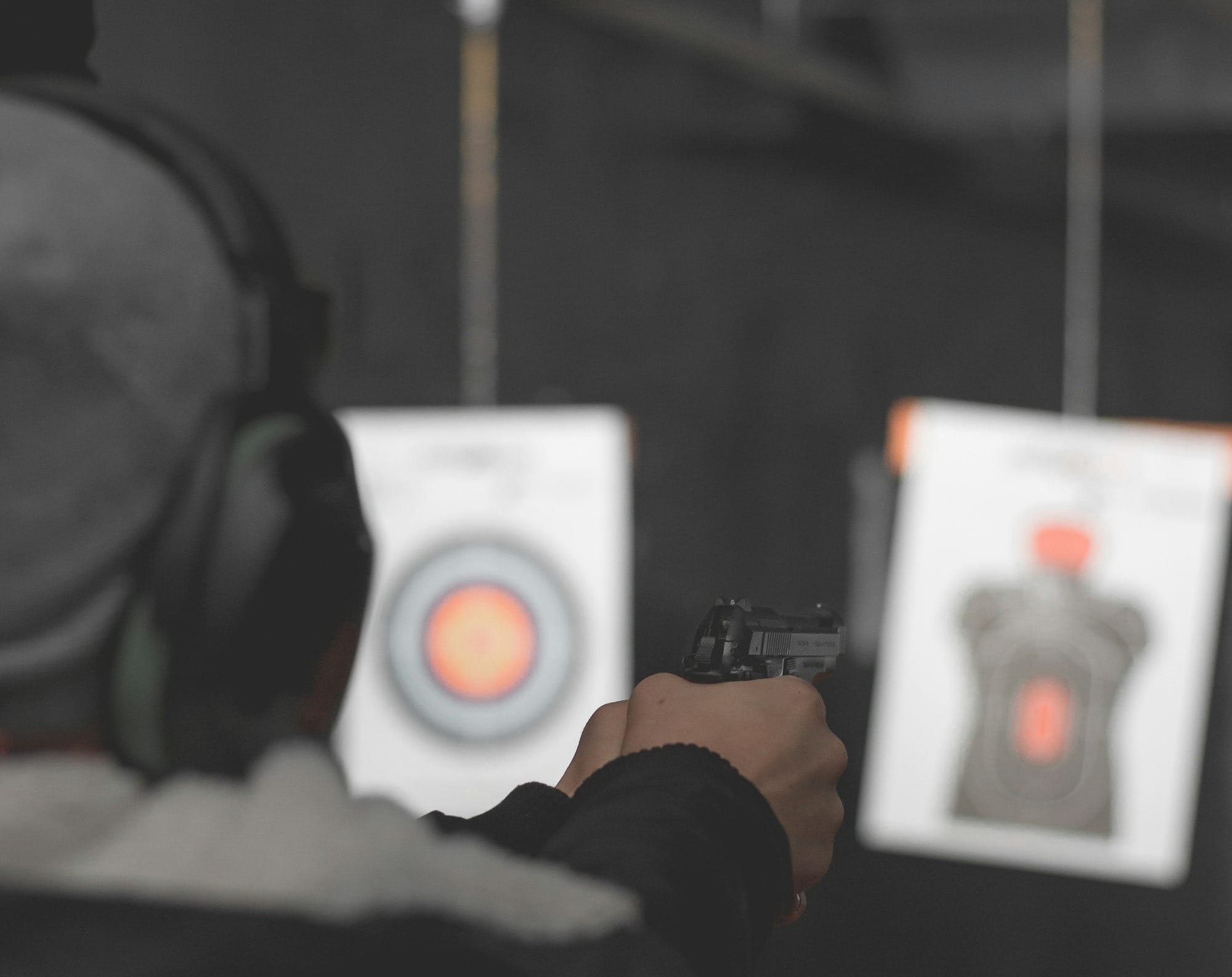
When I walk around Singapore, the only reason I look over my shoulders is in anticipation of a maniac on a PMD – but certainly not a maniac with a rifle.
The same can be said about entire East Asia – Japan, Korea, Taiwan, even mainland China, seemingly still deeply underdeveloped and yet not nearly as violent as the West.
I have heard questions about living in a country where you can't buy chewing gum or spit on the sidewalk – as those appear to be some symbols of oppression to Westerners. In reply I always ask how anybody can live in a country where being gunned down during grocery shopping is not an unrealistic possibility.

I was born in Eastern Europe which suffered its own crime waves during the 1990s and it was natural for everybody to exercise caution in certain areas or during certain times of the day. Overzealous defenders of gun ownership would probably chime in right now, saying that the only way to stop a bad guy with a gun is a good guy with a gun - but I just don't see in what way is expectation of a gun fight to protect your life (or wallet) liberating.
What does feel liberating, is the comfort one gets when visiting or living in a country as safe as Singapore or Japan (I lived in both).
The obvious goal for humanity is to minimize or outright eliminate violence, which disturbs our free choice to live our lives the way we want to.
Now, I'm not going to join the blind choir calling for a blanket gun ban in the US, since not only is weapons' ownership protected in the country's constitution but is a part of long tradition, an element of local culture. I also don't think it would be particularly helpful in tackling crime, considering the vastness of the country and the fact that there are more guns there than there are people, while criminals still use illegally obtained weapons. To try to disarm the nation would simply flash a green light for them, providing reassurance that their law-abiding victims no longer have any means of self-defense.
That said, Americans could really use some introspection and acknowledge the problems - and try to listen to lessons from other cultures for a change - to tackle the issue of violence.
The fact that East Asians display less propensity towards violent crime is largely a product of culture and education. Nobody can claim that they are unable to employ horrific violence – as we know from recent history of the continent, numerous wars, civil wars and rebellions, costing millions of lives in the past 200 years.

But they have managed to build safe societies, since their idea of freedom is not founded on a conflict with the government – but coexistence and cooperation with it – and a care for the common, national good (with extreme, almost caricatural, examples of Japanese yakuza organizing aid for earthquake victims or handing out Halloween treats to children).
In Singapore, the calls to abolish Internal Security Act are rather rare and not exactly loud anymore, since the government has managed to build enough trust for society to accept it - what allowed it to combat extremism and organized crime far more effectively. And yet, despite these achievements - which surely result in much greater freedoms for individual citizens - Westerners see it as an almost tyrannical tool, that no authorities should ever be granted (since, in their mind, no government can ever be trusted).
Of course I don't think Americans could start behaving like the Chinese or the Japanese but surely there are lessons to be learned from nations - and cultures - which do not suffer the problems that USA fails to tackle.
And so America (but also Europe) lingers in this paradoxical situation where some of the most effective, proven tools in combating crime cannot employed, because of the fear people have about... the authorities, and potential erosion of individual freedoms - even if they result in greater crime that ultimately stifles freedom for all.
Especially those who have had their lives cut short by a bullet of another lunatic.



